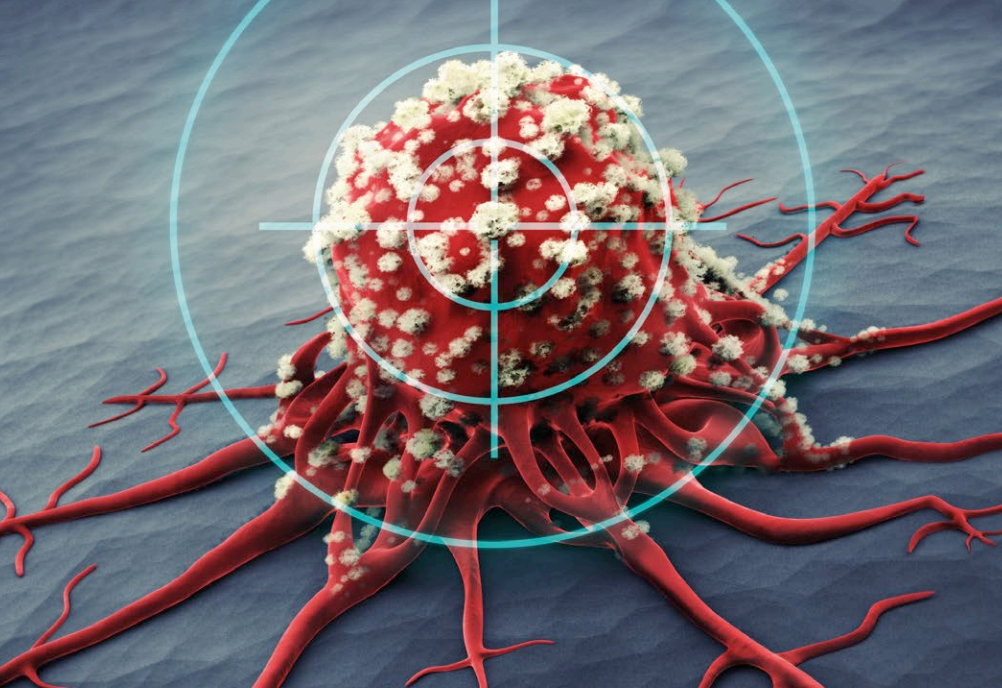Share this Page:
The results from two studies have been released to show the impact of the COVID-19 pandemic on cancer care in the UK. Data from Cancer Research UK showed a steep rise in the number of people waiting for diagnostic tests, while a study by the Institute for Cancer Research (ICR) published in The Lancet warned that thousands may lose their lives because of the growing bottleneck.
The diagnostic tests mostly affected are endoscopies, such as colonoscopies (used to detect bowel and rectal cancer) and cystoscopies (used for bladder cancer diagnosis). These diagnostic tests are most effected because of the invasive nature of the test and the need for more stringent infection control measures. Cancer Research UK have reported rises of 23-51% more people waiting for these tests at the end of May compared to the same time last year. In some cases, two thirds of people have been waiting 6 weeks or more.
However, Cancer Research UK also report that there were around 2.3 million fewer diagnostic tests carried out between 1 March and 30 May this year compared to the same time last year. This includes a 46% drop in tests such as MRI scans, CT scans and ultrasound, as well as endoscopies.
Michelle Mitchell, CR UK’s chief executive, said; “It’s crucial the government works closely with the NHS to ensure it has the staff and equipment it needs to get services back on track before this situation gets even worse. But part of the reason the number of tests has reduced so dramatically is that people are delaying seeking help if they are worried about symptoms. So it’s more important than ever that anyone who is concerned about a change to their body speaks to their GP as soon as possible.”
Meanwhile, a study from the ICR published in The Lancet showed that delays in patients going to their GP and being referred with suspected cancer is causing bottlenecks in diagnostic services that are likely to have had ‘a significant adverse effect on cancer survival’.
Researchers looked at 10-year cancer survival estimates for 20 common tumour types to estimate the impact of reduced patient referrals linked to the COVID-19 pandemic in England. The researchers estimated that across all 20 cancer types, a delay of one month in diagnosis would result in 1,412 lives lost and 25,812 life-years lost if these disruptions lasted a full year, while a six-month delay would result in 9,280 lives and 173,540 life-years lost.
“It’s vital that we do everything we can to ensure cancer patients are not left further behind by the disruptions to care caused by the COVID-19 pandemic,” noted study lead Professor Clare Turnbull, Professor of Cancer Genomics at The Institute of Cancer Research, London.“That means ramping up capacity as quickly as possible to allow cancer diagnostic services to clear the backlog.”













